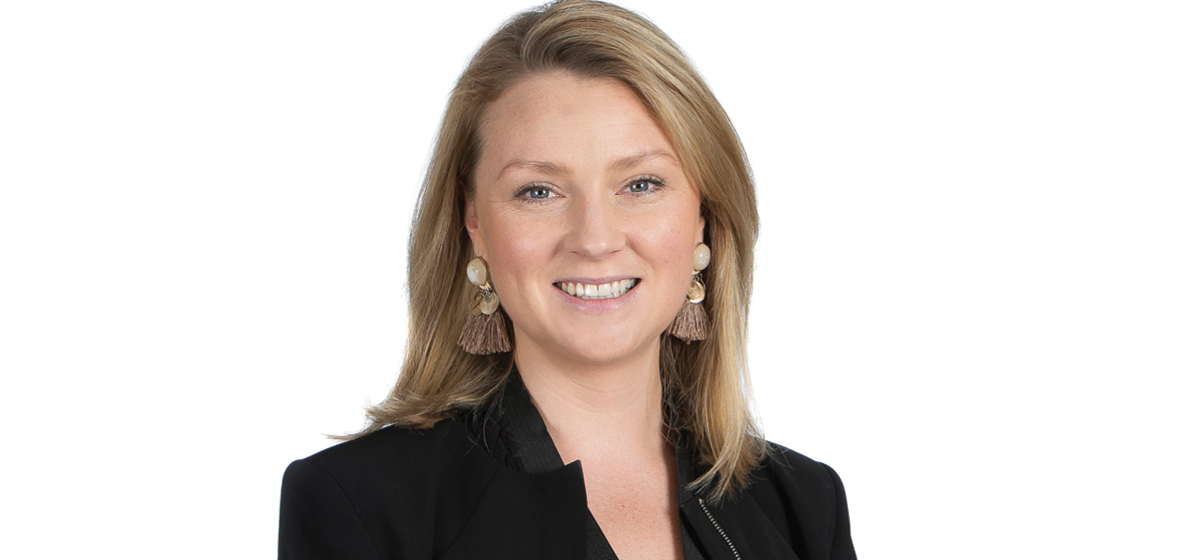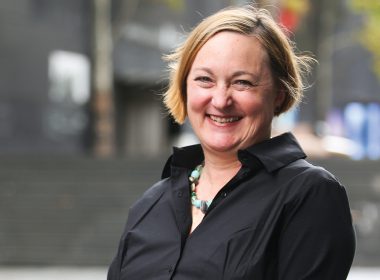Stephanie Lambert is a partner at HFW and specialises in commercial law and major projects, including high-profile acquisitions and retail developments. Last year, at age 35, she became the youngest female partner at HFW Australia while on maternity leave with her first child. She talks to AMY DALE about how she achieved partnership and her hopes that one day mixing a promotion with parenthood will not be a big deal.
You were made the youngest female partner at HFW while on maternity leave with your son, Ace. How did you achieve this?
Throughout my career, as I became more comfortable and confident at each stage, I looked for new ways to develop. I participated in internal courses that HFW offers to promote non-legal skills and clear pathways towards partnership. It’s important to keep learning new skills, things they do not teach you at university. I am also in the final stages of completing my MBA, and that has helped me grow in my job and take on new responsibility. When I put in my application for partner, I knew I had done all the right things and given everything I possibly could have to secure that position. I never considered that my pregnancy was going to be a bar to achieving that.
Do you think there will be a day when becoming partner while on maternity leave is simply business as usual?
We should not be considering pregnancy and maternity leave as any kind of barrier. I had a lot of women come to me after learning I was made partner on maternity leave asking for my recommendations on what they can do to achieve the same. There is a definite need to have more women – and greater diversity in general – at the senior levels of law. There is a very high number of female law graduates compared to male graduates, but once you look at senior positions you do see that ratio drop off. When women start their career, you are looking at a career progression of eight to 10 years before you might be in a position to become partner. Law firms should be looking at how they can facilitate both women and men having families during that time and not have them thinking they are losing a year of their career, or that the momentum and journey to becoming partner has stalled due to parental leave.
What can firms do better to support the career progression of women who have a family or are planning on starting one?
We talk a lot about flexible work, but it is an entirely different thing to create an environment where it is actually accepted. Lawyers, just like any other professional, should be able to feel certain they can grow and develop both a family life and a career at the same time. Law firms have a reputation of a high-pressure culture that is difficult to balance with a family, and it should not be that way. I do not see what I have done as trailblazing; people have had both families and work for as long as humans have been around. At HFW, 85 per cent of our senior associates are female, the highest percentage in Australia. Many of these senior associates have young families. Non-legal-focused development programs are really important to remove unconscious bias and create a more inclusive and diverse culture.
Your role involves a lot of work with international offices. How do you balance late night and early morning time zone clashes with a baby?
There is a saying that it takes a tribe, and I could not have achieved what I have in my career without support at home. My husband has his own businesses, which allows him to be more flexible. If my partner had the same job as me, it would be very difficult. In my family we know how to tag team, and I know I have support if I have to be on a conference call to London at 9pm or midnight.




